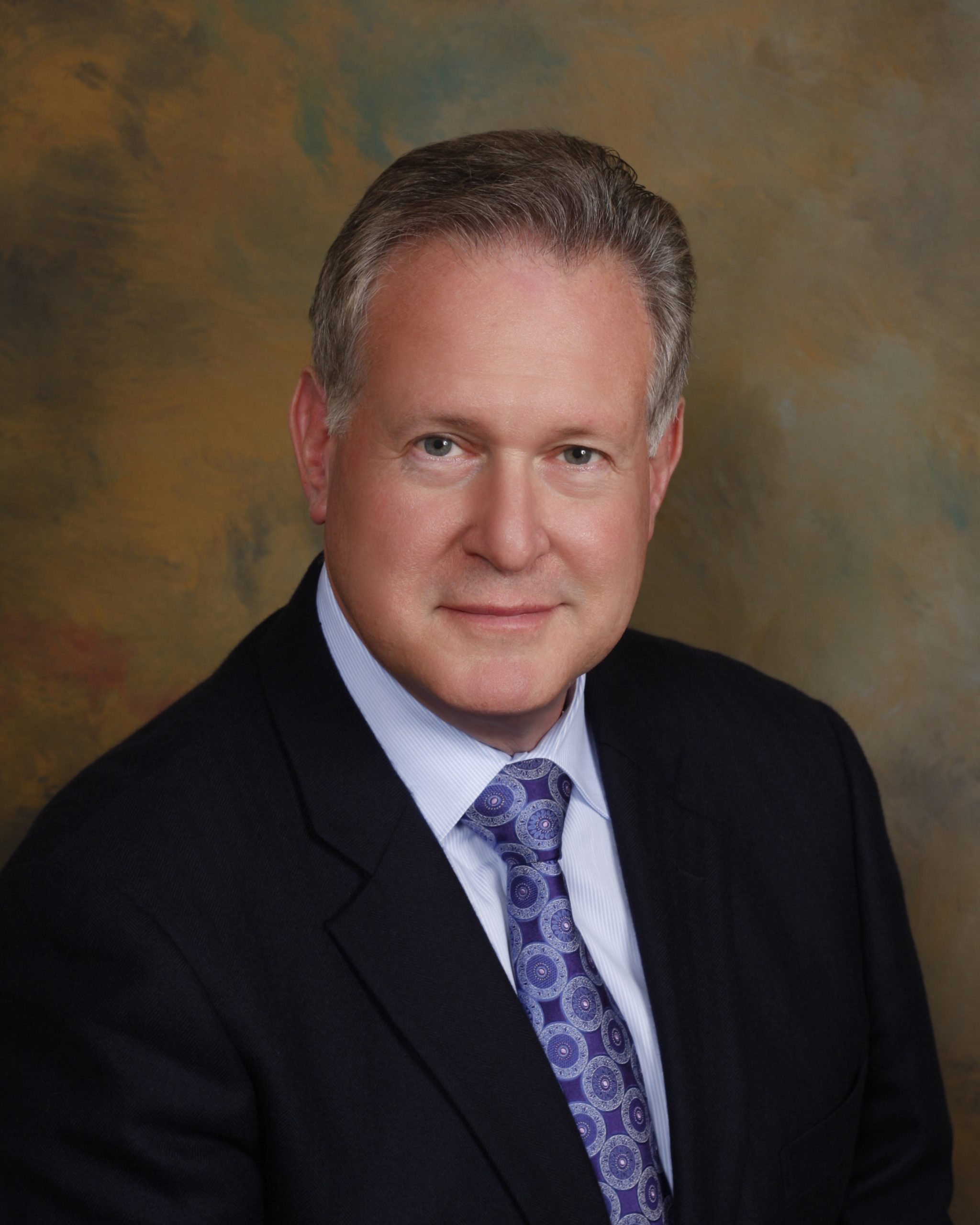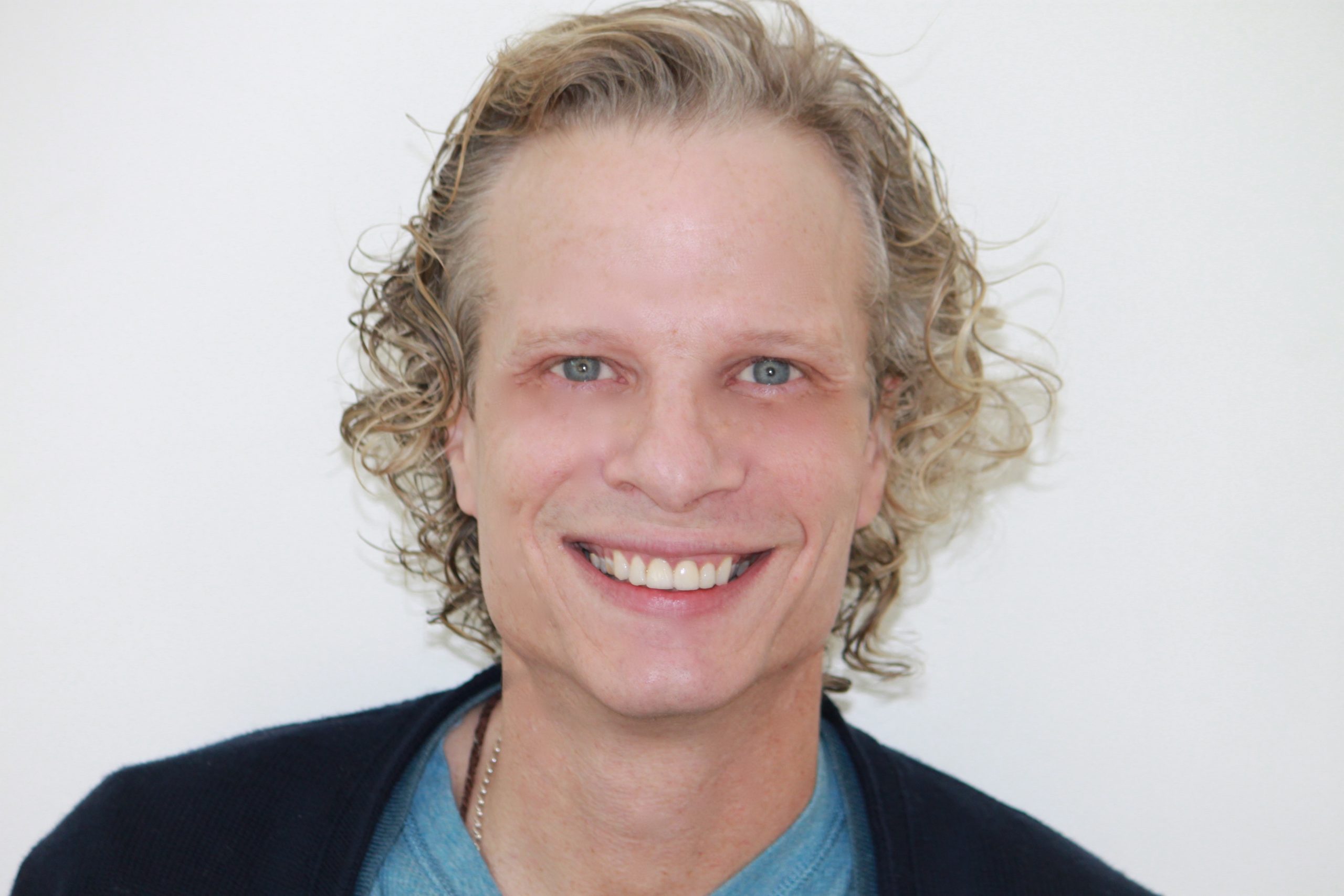What is addiction (especially to tech), why is it increasing and how can we fix it?
Audio only version
Show Description
In this conversation with Professor Robert Lustig and Dr. Don Grant, learn about the causes and biochemistry of addiction to substances and behaviours (especially tech addiction), understand why addiction and depression are increasing in our societies, and find out what we can do about it.
You will:
- Learn about the biochemical and neural pathways that drive ALL addictions to substances and behaviours
- Find out if excessive tech use (gaming and social media) primes our children for addiction to substances and behaviours
- Learn how the commercial forces in our societies have deliberately confused pleasure and happiness, encouraging us to seek the former at the expense of the latter
- The 5 key drivers of addiction in our societies over the last 50 years
- Understand how tech companies use psychology and build “stressors” into their products to encourage addiction
- Learn that sugar is the most available and most socially acceptable gateway drug
- Understand why teenagers are most susceptible to neurobehavioral disorders and addiction
- Learn what we can do about tech addiction when abstinence is not possible
- The crucial role of government and developers in dealing with tech addiction
- The 4 Cs…what we can do for ourselves and our children to prevent addiction
About Professor Robert Lustig

Robert H. Lustig, M.D., M.S.L. is Emeritus Professor of Pediatrics in the Division of Endocrinology, and the Institute for Health Policy Studies at University of California, San Francisco, and Adjunct Professor of Research at Touro University-California. Dr. Lustig’s career has focused on the regulation of energy balance by the central nervous system, and the pathogenesis of chronic metabolic and mental health diseases. He is one of the leaders of the “anti-sugar” and “real food” movements to improve global health. Dr. Lustig is also the Chief Science Officer of Eat REAL, a non-profit dedicated to reversing childhood obesity and diabetes by impacting the global food supply. He is also on the Advisory Boards of Nutritious Minds, a London psychiatric consultancy; MindHealth360, a metabolic/mental health platform; and Simplex Health, a Philadelphia-based metabolically-based healthcare services company.
Dr. Lustig graduated from MIT in 1976, received his M.D. from Cornell University Medical College in 1980, completed his pediatric residency at St. Louis Children’s Hospital in 1983, and his clinical fellowship at UCSF in 1984. From there, he spent six years as a research associate in neuroendocrinology at The Rockefeller University. In 2013 he received his Masters in Studies of Law from UC Hastings College of the Law. Dr. Lustig is the author of 200 academic works, and of the popular books “Fat Chance: Beating the Odds Against Sugar, Processed Food, Obesity, and Disease”, the “Fat Chance Cookbook”, and “The Hacking of the American Mind: The Science Behind the Corporate Takeover of our Bodies and Brains”. A new book titled “METABOLICAL – the Lure and the Lies of Processed Food, Nutrition, and Modern Medicine” will be published in May, 2021.
About Dr. Don Grant

Don Grant, MA, MFA, DAC, SUDCC IV, Ph.D is an internationally award-winning media psychologist, published researcher, addiction specialist, and Director of Outpatient Services for Newport Healthcare. He is also Chairman of both the American Psychological Association (Div. 46) “Device Management & Intelligence” and “Strategic Planning” committees, President-Elect of APA Division 46 (The Society For Media Psychology & Technology), and has been commissioned by APA to write the only book on “Healthy Device Management & The Practice of Good Digital Citizenship” they plan to publish. Dr. Grant also designs, presents, and facilitates CEU treatment strategy and educational training workshops on “Healthy Device Management” and “The Practice of Good Digital Citizenship” for treatment centers, clinicians, practitioners, educators, parents, and school communities.
In addition, Dr. Grant is a certified Doctoral Addictions Counselor, Substance Use Disorder Certified Counselor IV, nationally certified group facilitator, and clinician/educator/program trainer. He received his B.A. with honors from the University of Michigan, MFA from the University of Southern California, and both an MA and Ph.D. (summa cum laude) in Psychology (with an emphasis in media psychology) from Fielding Graduate University in Santa Barbara.
In 2015 Dr. Grant was invited to present his research at the APA Convention in Toronto. His global study on technologically mediated vs Face-to-Face recovery communities was hand-selected by the convention committee for individual external promotion through a dedicated press release distributed to all media, and immediately went internationally “viral.” For this (and his preceding work) Dr. Grant received the 2015 American Psychological Association “Early Career Achievement Award.” In 2012 he was also awarded an international “Best of Show” prize in London for his research on digitally delivered vs F2F recovery support.
In addition to dozens of webcasts, webinars, and podcasts, he has been a keynote speaker at many prestigious conferences and events. Dr. Grant’s media credits as an expert device management and addiction recovery professional include: The Daily Show with Jon Stewart, the TNB Network series; “Youth Suicide,” Good Morning San Diego and Fox News Networks among others. Print, interview, and author credits include: The Los Angeles Times, The New York Times, The Wall Street Journal, APA Monitor On Psychology, The Hollywood Reporter, Forbes, Us, and People magazine.
Dr. Grant is a proud board member of several not-for-profit organizations, including “ONE Recovery” and “Miriam’s House”. His current research includes investigations of the potential effects of social media, cyberbullying, cyberpornography, and the imminent rise of augmented and virtual reality-based opportunities, on adolescents, teens, young adults, families, and our culture/relationships-at-large.
Show Notes
Connect with the experts:
Prof. Lustig Publications:
- Fat Chance: The Hidden Truth About Sugar, Obesity and Disease
- The Hacking of the American Mind: The Science Behind the Corporate Takeover of Our Bodies and Brains
Dr. Grant Publications:
- Internet Gaming Disorder In Children and Adolescents with 18 co-authors
- Using Social Media for Sobriety Recovery: Beliefs, Behaviors, and Surprises from Users of Face-to-Face and Social Media Sobriety Support with Karen E. Dill-Shackleford
- Has Social Media Begun To “Sponsor” Addiction Recovery?: A Study of Face-To-Face Versus Online Sobriety Support
- The Digital Drug
Resources Mentioned:
- The Centre for Humane Technology (Professor Lustig is on the board, and it is the subject of the recent Netflix Film “The Social Dilemma”)


